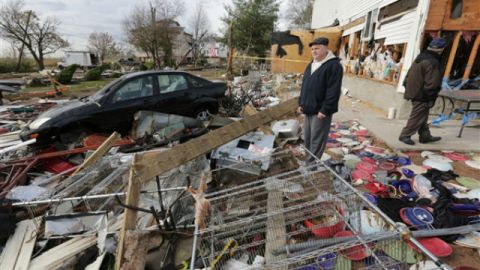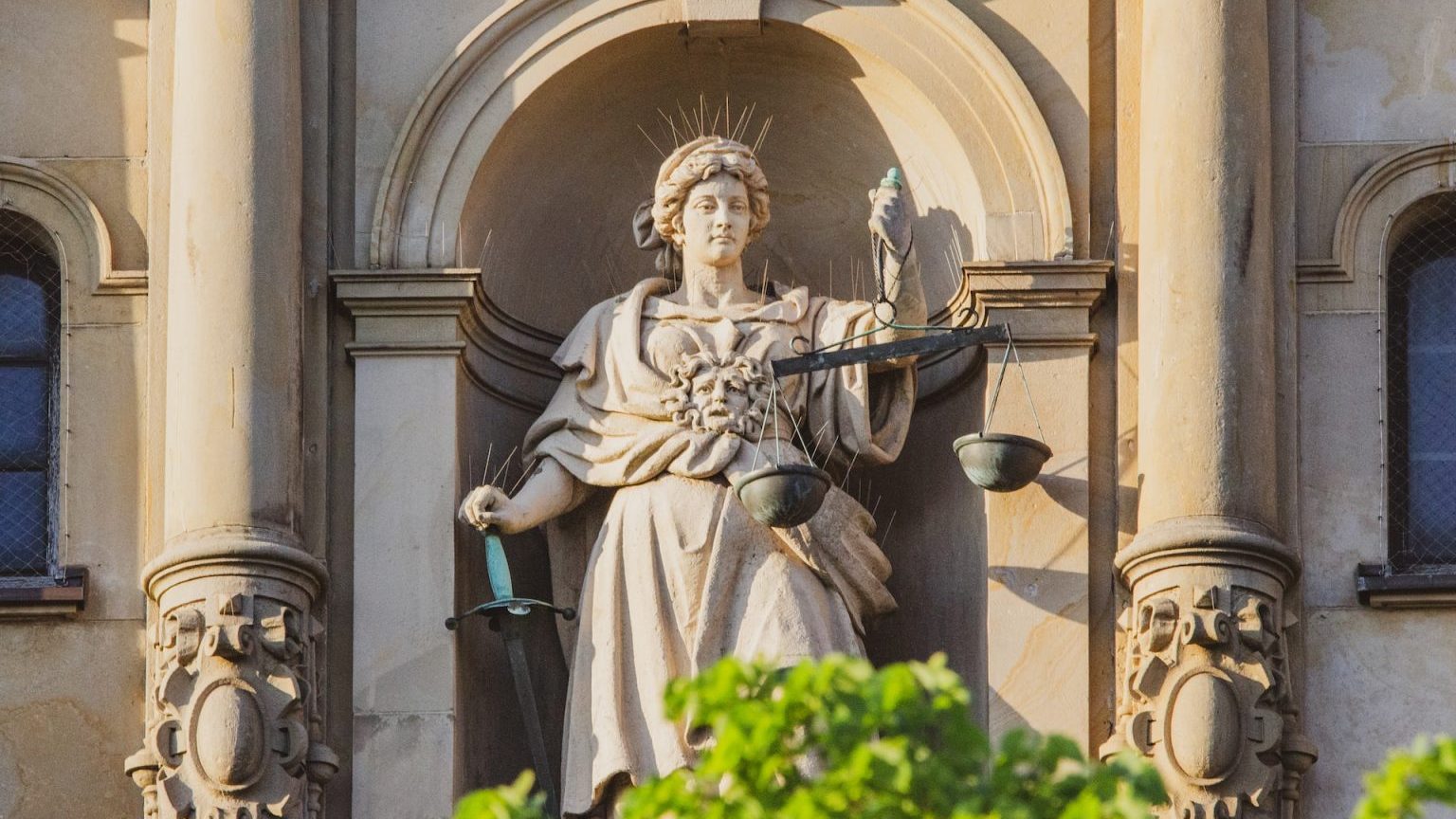Why the Marathon Shouldn’t Run

Update 11/4: A few hours after I published this post, Mayor Bloomberg decided to cancel the marathon for the reason I develop below. See my analysis of Bloomberg’s surprising last-minute reversal here.
After Mayor Michael Bloomberg announced that the marathon is on this Sunday despite the devastation from Hurricane Sandy, an online petition arose to criticize the decision and call for the marathon’s cancellation. When I learned of the petition on Facebook and thought about the arguments, I was unsympathetic. The race can and must go on, I thought: the case for halting it is emotionally compelling but fallacious and outweighed by other considerations.
As I’ve looked at the landscape of this decision more carefully, I’ve changed my view. The race should be cancelled despite the insufficiency of the arguments against it.
That might sound convoluted, but bear with me. Let me explain my initial position and why I thought better of it.
Some arguments against the running of the marathon are symbolic; others are practical. Here is an example of the former from the online petition:

The all caps add force to the rhetoric, even if it is clearly hyperbolic. How can New York City hold a city-wide sporting event when some people in the city are mourning loved ones and hundreds of thousands are hungry, cold, homeless and desperate? Underlying the anger is a principle of commiseration: no one in a city should be celebrating or seeking entertainment when others are suffering. But to extend this principle down its logical path, this claim becomes suspect. It would call for cancelling all other sporting events in the city, from the Walk/Run for Prospect Park on Saturday morning to the Brooklyn Nets game against Toronto on Saturday night. More broadly, it would call into question every New Yorker who plays a video game, watches Letterman or drinks a beer instead of devoting all available energies to recovery and relief.
So what about the practical arguments against the race? Here is the strongest point from a letter written by “a regular NYC marathon runner” for whom it would be “difficult if not impossible to run in good conscience”:
Urgent civil services such as police, fire, EMS, ambulances and rescue personnel will be diverted away from areas where they are truly needed and towards the Marathon. With huge areas of Manhattan as well as Queens still without power, all police and fire should be ready to assist in the case of a catastrophic emergency, not pre-occupied with a road race.
This argument about resource allocation seems difficult to answer, but Mayor Bloomberg insists that the marathon will not divert police or other city personnel from storm relief. The letter writer may be right that the decision to hold the marathon “will almost assuredly cost someone, somewhere, their life.” On the other hand, weighing the cost of one life lost against the benefits of 40,000 marathoners running the race is not as easy a calculation as it appears. Every endeavor worth pursuing in life entails some risk. People die running marathons at a rate of about 1 in 100,000, but this is no reason to ban the 26.2 mile race. A lot of people die in car accidents: the lifetime risk of perishing on the highway is 1 in 84.
There is a distinction to be drawn between these examples and that of an ambulance that cannot make it to the hospital in time because of marathon road closures: in the latter case, the victim is not a participant in the risky activity so did not voluntarily assume the risks involved. It is more morally suspect for that reason. But the claim that the marathon will cost lives must be weighed against the possibility that additional funds raised by the race — the New York Road Runners and supporting funders have pledged at least $2.6 million towards the recovery — will provide vital resources that will save lives.
In short, there are cogent counterarguments opposing both the symbolic and the practical case against the marathon. But the debate is not a wash. The marathon should be cancelled. Here’s why.
When the marathon went ahead in November 2001 after the terrorist attacks of 9/11, the city had come down from emotional heights of the tragedy. In contrast, we are just beginning to understand the extent of the damage from Sandy, which includes 111 homes lost to fire in Breezy Point, Queens. And unlike the attacks on the World Trade Center, which united New Yorkers and Americans against a common enemy, many victims of Sandy feel aggrieved at the disproportionate attention certain parts of the city have received from the Red Cross and other relief organizations. Staten Islanders, in particular, are justifiably irate. When the race begins on Sunday morning on the Staten Island side of the Verrazano Bridge, 40,000 marathoners headed into Brooklyn will symbolize everyone running away from the city’s most neglected borough.
So this time, it is not about “not letting the terrorists win.” Cancelling or postponing the marathon will not send a message to the world that New York is weak or cowardly. But for New Yorkers who are suffering, letting the five-borough marathon go on as scheduled will carry a connotation that their lives and their flooded homes don’t matter much in the scheme of things. The marathon only has the potential to divide New Yorkers and stir ill will between those who were unaffected and those whose lives were turned upside down.
Steven Mazie is on Twitter: @stevenmazie





